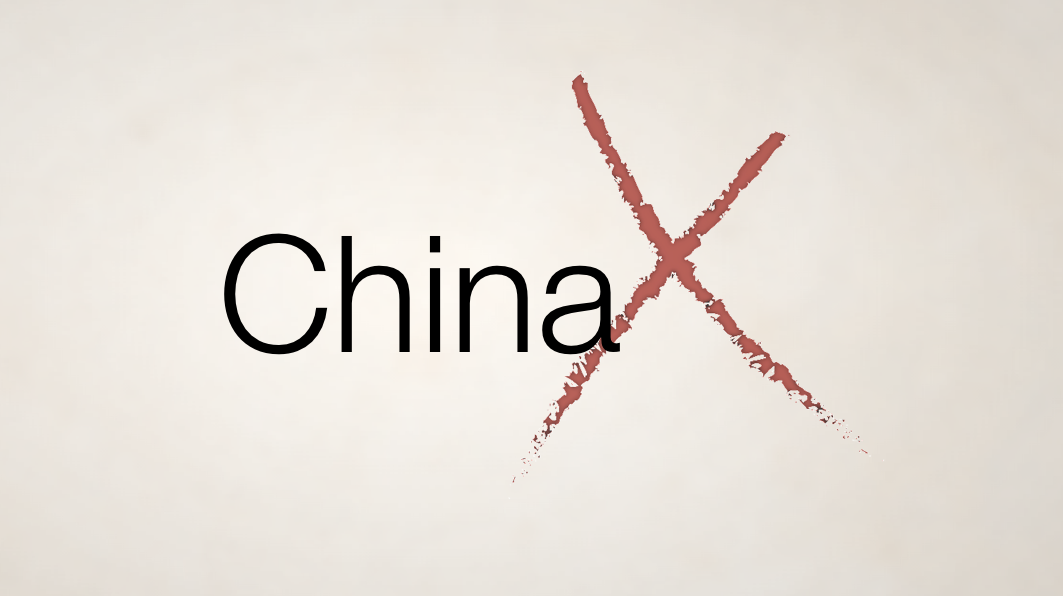Bangladesh Royal AI Club link Intel Glasgow1758-Asia-Ed3dao390
Sir Fazle Abed -top 70 alumni networks & 5 scots curious about hi-trust hi-tech
The Collaboratory designs, pilots, and spreads new ways to further educational and cultural diplomacy. Past work has included developing new programmatic tools for the Department, cultivating best practices for the use of technology in exchanges, and coordinating major initiatives like Education Diplomacy. The Collaboratory also works to advance new work methods that allow State Department teams to better perform in today's networked world.
Some of the Collaboratory’s current projects include:
- The design and coordination of the MOOC Camp initiative where 205 courses have been taken by 4500+ students at over 65 Embassies and Consulates around the world.
- Supplying the first class of Mandela Washington Fellow alumni with virtual engagement toolkits, enabling them to develop virtual and on-the-ground programs using the Internet in low-bandwidth areas, as well as managing regional Connect Camps to drive innovation and social change.
- Organizing internal workshops to advance new work methods that allow State Department teams to better perform in today's networked world.
The Collaboratory also has worked on adding virtual components to existing ECA programs, such as the Fulbright Program and International Visitor Leadership Programs, to increase their impact. These virtual exchanges extend the connections made before, during, and after traditional exchange programs; encourages project collaboration among exchange participants; and engages new communities in the United States and around the world. The virtual exchange team also explores piloting new technologies and facilitating entire virtual exchanges in circumstances where participants cannot physically take part in traditional exchanges for various reasons such as political unrest, illness, or travel restrictions.
The Collaboratory has piloted several new work practices that allow State Department teams to better perform in today's networked world, such as Design Thinking and Drop Everything and Read.
The Collaboratory also acts as a convener for the Bureau and Department, bringing together experts from the private sector, civil society, and government to collaboratively explore the frontiers of educational and cultural diplomacy. The Collaboratory team is always looking to work with other bureaus, agencies, companies, and organizations to foster partnerships, collaboration, and keep abreast of the ever-evolving field of educational and cultural diplomacy.

- See more at: http://eca.state.gov/programs-initiatives/collaboratory#sthash.CaS7...
Views: 206
Replies to This Discussion
-
MOOC CAMP
About MOOC Camp
MOOC Camp are facilitated discussions around massive open online courses (MOOCs), Open Courseware, and other free online courses. They are hosted at U.S. Embassies, Consulates, American Spaces, and other public spaces around the world. Facilitated discussions are led by alumni who have participated in U.S. government exchange programs, such as the Fulbright program, and U.S. Embassy staff, who are familiar with the course materials and volunteer their time. U.S. Embassies and Consulates in more than 60 countries are currently participating, in subjects ranging from entrepreneurship and college writing to science and technology. Course content is drawn from major MOOC providers, including Coursera, edX, and Udacity, as well as from multiple Open CourseWare providers.
The Department of State is committed to identifying new models that offer broad learning opportunities, help meet the aspirations of young people around the world, and offer skills and knowledge that they can use to succeed in life. MOOC Camps do exactly that – all the while offering students a chance to test-drive a U.S. higher education experience. Program participants will also be able to learn more about opportunities to study in the United States through EducationUSA, a network of hundreds of student advising centers around the world that the State Department supports. Participation in the program is free and open to the public.
Interested in volunteering to host a MOOC Camp or in partnering with us? Contact the nearest U.S. Embassy or Consulate.
Facilitators of MOOC Camps can access the first version of our Guide for Facilitators online. One of the goals of the program is to learn about what works in blending MOOCs with in-person learning experiences. The practices in the guide are drawn from recommendations by facilitators, staff from our Embassies and Consulates, course professors, and MOOC providers. We are sharing this document publicly so that others can draw from past experiences and so that others can contribute recommendations where there are currently gaps. If you have a good practice you would like to share, send it to MOOC-WG@state.gov.
MOOC Camp, One Year Later
The MOOC Camp initiative was launched in August 2013 and formally announced in October 2013. After one year, we are excited to share some of the result of the program over the last year.
- Embassies, Consulates, and partner institutions hosted more than 200 total courses in more than 60 countries.
- In our first year, over 4000 students participated in the program.
- On average, between 40 and 60 percent of participants completed their courses. Camps in Kolkata, Kinshasa, Jakarta, and many other locations had more than 80 percent of their participants complete their courses.
- In Spring 2014, the most popular subjects were English Language learning and teaching (60% of courses) and entrepreneurship and business (20% of courses).
- In September 2014, we published the first version of our Guide for Facilitators
Courses
Below are locations that are hosting MOOC Camps. This list is updated regularly as new locations are added.
MOOC Camp Courses- See more at: http://eca.state.gov/programs-initiatives/mooc-camp#sthash.yPkoLuxZ...
© 2025 Created by chris macrae.
Powered by
![]()





